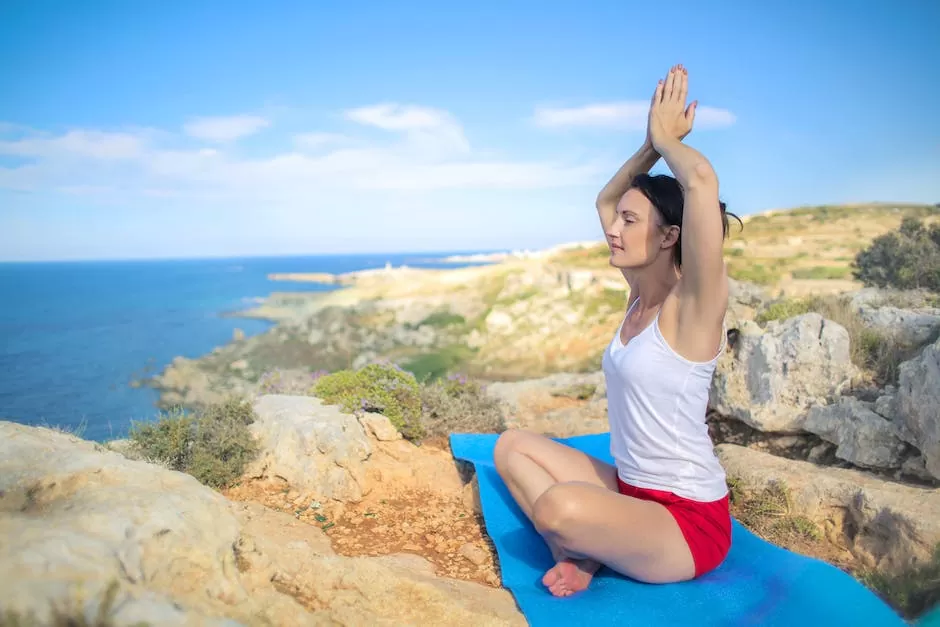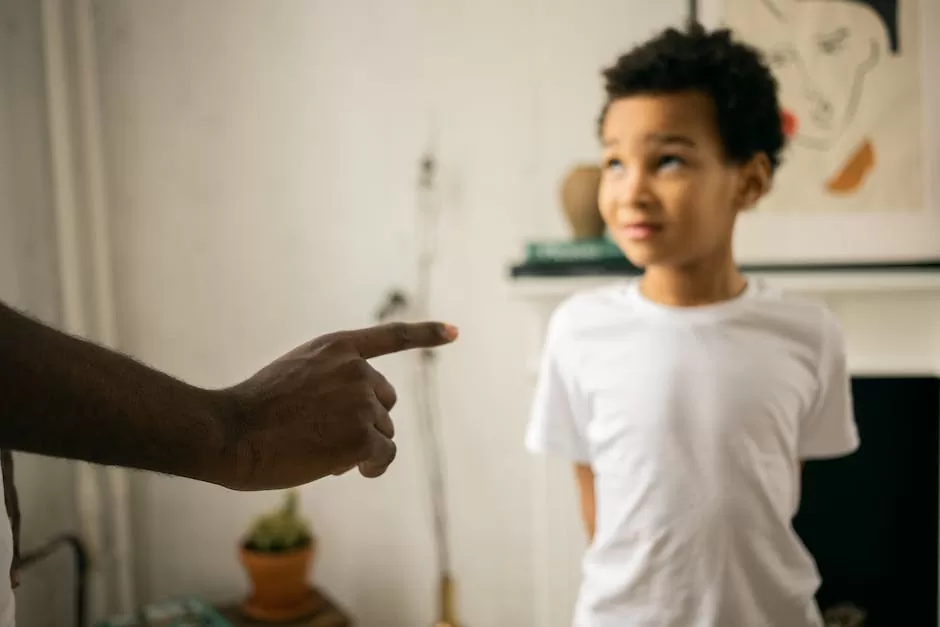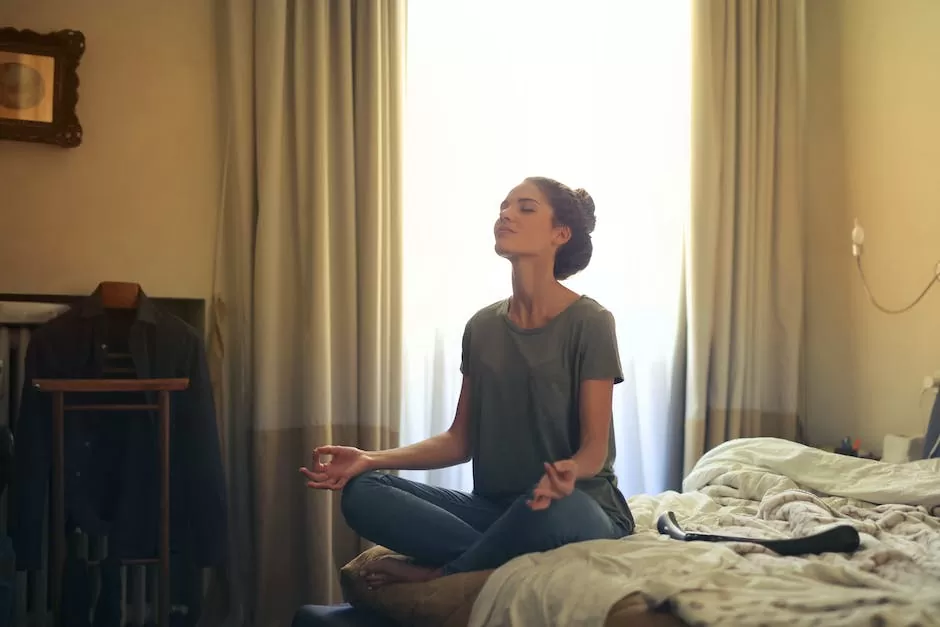How to discipline a puppy?

Having a mischievous puppy can be frustrating, but it is important to remember that puppies are still learning. The key to success is to be patient and consistent when disciplining your puppy. Here are four tips on how to effectively discipline your puppy:
There is no one definitive answer to this question as every puppy is different and will respond to different methods of discipline. However, some tips on how to discipline a puppy may include rewarding good behavior, ignoring minor misbehavior, using positive reinforcement techniques, and remaining consistent with commands and expectations.
What is the proper way to punish a puppy?
If you catch your puppy in the act of misbehaving, make a loud noise to startle them and get their attention. You can clap your hands, say “uh-uh” or “off” in a sharp voice. It’s important to reprimand them while they are still doing the behavior, not after the fact. This will help them learn what not to do and associate the behavior with the negative consequence.
There are a number of different disciplinary methods that are considered to be positive and beneficial. These include using time-outs, using your voice to put a stop to unwanted behavior, taking away their toys, and avoiding giving your dog attention when they misbehave. All of these methods can be effective in helping to train your dog and correct unwanted behavior.
Is it OK to punish your puppy
Punishment is not an effective or humane way to train a pet. Pets should be taught desired behaviors through reinforcement and shaping, rather than through punishment. Punishment is illogical, as it involves waiting until the pet misbehaves and then administering something unpleasant. This can be confusing and frightening for the pet, and does not effectively teach desired behaviors.
Giving your puppy time-outs for hard biting is a great way to start teaching him not to bite. Every time you feel his teeth touch your skin, give a high-pitched yelp and then walk away from him. Ignore him for 30 to 60 seconds. This will help him learn that biting is not acceptable behavior.
Is it OK to tap a puppy on the nose?
There are many steps to take to help curb puppy biting and others you should avoid, including:
-Don’t yell at your puppy
-Tap your puppy on the nose
-Hold their mouth shut when they bite
This will only confuse your puppy and teach them not to trust you when you want to play.
If you want to discipline your puppy without punishment, there are a few things you can do. First, be consistent with your commands and expectations. Second, be prompt in your response to bad behavior. Third, use positive reinforcement when your puppy does something good. Finally, give timeouts when your puppy is misbehaving.
Is spraying a dog with water abuse?
Dogs are individuals and each one will react differently to being sprayed with water. Some may find it annoying, while others may see it as a fun game. Regardless, we cannot control what a dog finds reinforcing or punishing – it is up to them to decide. If a dog is exhibiting self-reinforcing behaviours like barking or jumping on people, it is likely that the water will be seen as a minor annoyance in comparison to the reward of the behaviour.
It is never okay to yell at or physically punish your puppy. Not only is it cruel, but it also teaches them that biting gets some kind of response from you. This is known as positive punishment and can make them fearful of being handled. Instead, teach them that biting will get them nothing.
How do you let a dog know they did something wrong
It is important to be fair with your dog and to set boundaries. If your dog does something or is about to do something that you don’t approve of, be firm and consistent in your reaction. This will help your dog learn what is and isn’t acceptable behavior.
There are much better ways to discipline your dog than physical punishment. Dogs are sensitive creatures and can pick up on our feelings and emotions. If you’re angry or frustrated, your dog will sense that and it will only make the situation worse.Instead, try to stay calm and be consistent with your commands. If your dog does something wrong, gently guide him back to the behaviors you want to see. With patience and positive reinforcement, you’ll be able to train your dog effectively – and without resorting to any physical discipline.
What is positive punishment for dogs?
So positive punishment means adding something after the dog did a behaviour that makes the frequency of that behaviour go down. For example, if the dog jumps up and you knee them in the chest, and next time you see them the dog does not jump up, you have positively punished the dog jumping.
If you are trying to train your dog and using ignored as a tool, it is important to be consistent. The dog needs to know that every time they display the unwanted behaviour, they will be ignored. This way, they will eventually learn that the behaviour is not rewarded and will stop doing it. However, if you only ignore the behaviour sometimes, the dog will not understand what is expected of them and will continue the behaviour.
What command to use to stop puppy biting
If you have a puppy that likes to bite, it’s important to nip the behavior in the bud. Use firm commands when necessary to make your puppy stop biting. This goes for puppies of all ages.
If your puppy is biting, quickly give a loud and firm “No bite!” command. You may also yelp or say “ow” in a loud, high-pitched tone. Consistency is key, so make sure everyone in the household is on the same page when it comes to correcting the behavior. With a little patience and perseverance, your puppy will learn that biting is not acceptable.
Puppies start to calm down around 12 months old. This is when they reach their maturity age. For large breeds, it may take longer, between 18 months and 2 years old.
How long is the puppy biting phase?
Puppies typically go through a phase of mouthing or play biting between three and five months of age. It’s important to remember that this is normal behavior for most puppies and that they will eventually grow out of it.
No matter how frustrated you may get with your puppy, it is never okay to mistreat them. This means no shouting, hitting, or jerking on the leash. If you need to reprimand your puppy, call them to you and keep your voice calm. Do not allow your puppy to chase after cars, bikes, or skateboards, as this can be very dangerous. Also, do not allow your puppy to chase other animals, as this can lead to fighting and injuries. Finally, do not confine your puppy for long periods of time during the day. This can lead to boredom and destructive behavior.
Final Words
There is no one answer to this question as every puppy is different and will respond to different methods of discipline. However, here are a few tips on how to discipline a puppy:
– Establish rules and boundaries from the start, and be consistent with enforcing them.
– Reward good behaviour with positive reinforcement such as treats, Toys or verbal praise.
– Ignore minor bad behaviour, and only punish major infractions to avoid confusing the puppy.
– Be consistent, firm and fair in your disciplining, and avoid using physical punishment as this can only lead to fear and resentment.
The easiest way to discipline a puppy is to catch them in the act and immediately correct their behavior. For example, if they are chewing on something they are not supposed to, say “no” in a stern voice and give them something else to chew on. If they areJumpinge up on people, say “no” and put them in their crate or another room for a brief time-out. Puppies learn quickly when they are consistently disciplined for their bad behavior.